Researchers at Osaka Metropolitan University in Japan have found that the Alzheimer's treatment lecanemab, which successfully clears amyloid plaques from the brain, does not restore the brain's waste-clearing ability in patients with the disease. This discovery suggests that the damage caused by Alzheimer's runs deeper than just amyloid buildup, and that tackling the disease may require a broader approach than previously thought.
According to the study, lecanemab was able to remove amyloid plaques from the brains of Alzheimer's patients, but it did not improve the brain's ability to clear waste in the short term. This implies that nerve damage and impaired clearance occur early in the disease process and are difficult to reverse. The researchers, led by graduate student Tatsushi Oura and Dr. Hiroyuki Tatekawa, suggest that this finding underscores the need for a more comprehensive treatment approach that addresses the underlying causes of Alzheimer's, rather than just targeting amyloid buildup.
"This study highlights the complexity of Alzheimer's disease and the need for a more nuanced understanding of its underlying mechanisms," said Dr. Tatekawa. "While lecanemab has shown promise in removing amyloid plaques, our findings suggest that it may not be enough to restore brain function in the long term."
The researchers note that Alzheimer's is a multifactorial disease, and that amyloid buildup is just one aspect of the disease process. Other factors, such as inflammation, oxidative stress, and impaired clearance, may also play a role in the development and progression of the disease.
"This study is an important reminder that Alzheimer's is a complex and multifaceted disease that requires a comprehensive treatment approach," said Dr. Tatekawa. "We need to consider multiple factors and develop treatments that target the underlying causes of the disease, rather than just one aspect of it."
The study's findings have significant implications for the development of new treatments for Alzheimer's. While lecanemab has shown promise in removing amyloid plaques, the study suggests that it may not be enough to restore brain function in the long term. This raises questions about the effectiveness of other treatments that target amyloid buildup, and highlights the need for further research into the underlying causes of the disease.
The researchers are now planning to conduct further studies to explore the underlying mechanisms of Alzheimer's and to develop new treatments that target the disease's complex causes. They hope that their findings will contribute to a better understanding of the disease and ultimately lead to the development of more effective treatments.
In related news, the Alzheimer's Association has announced plans to launch a new initiative to support research into the underlying causes of Alzheimer's. The initiative, which will be led by a team of experts in the field, will focus on developing new treatments that target the disease's complex causes, rather than just amyloid buildup.
The study was published in a recent issue of a leading scientific journal and has sparked significant interest in the scientific community. Researchers and clinicians are now eagerly awaiting further results from the study and are looking forward to seeing how the findings will shape the development of new treatments for Alzheimer's.




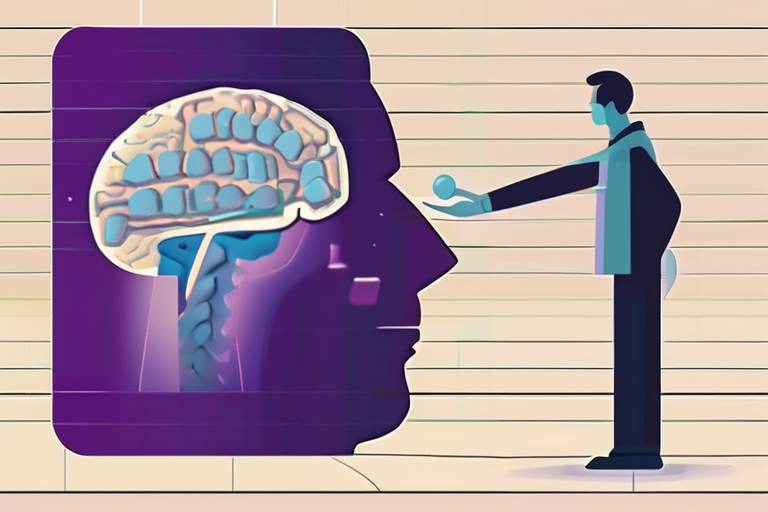
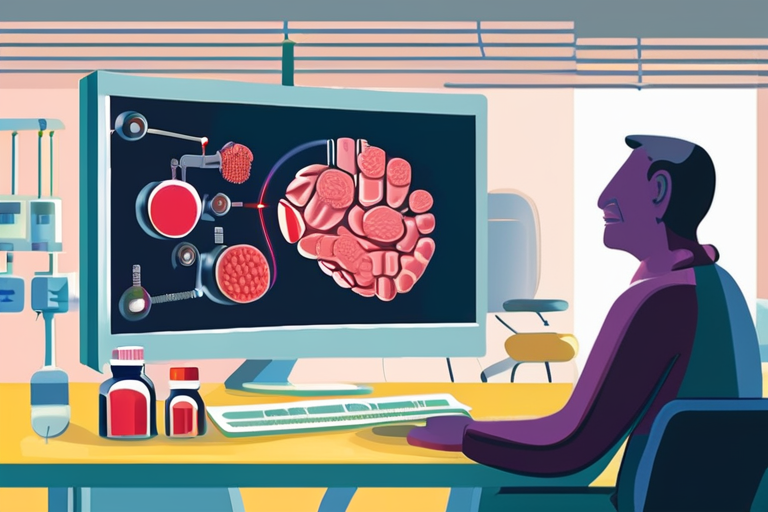
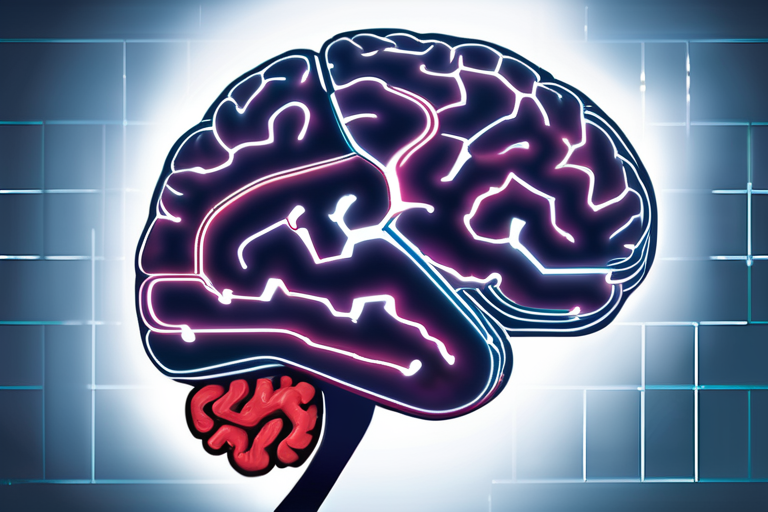



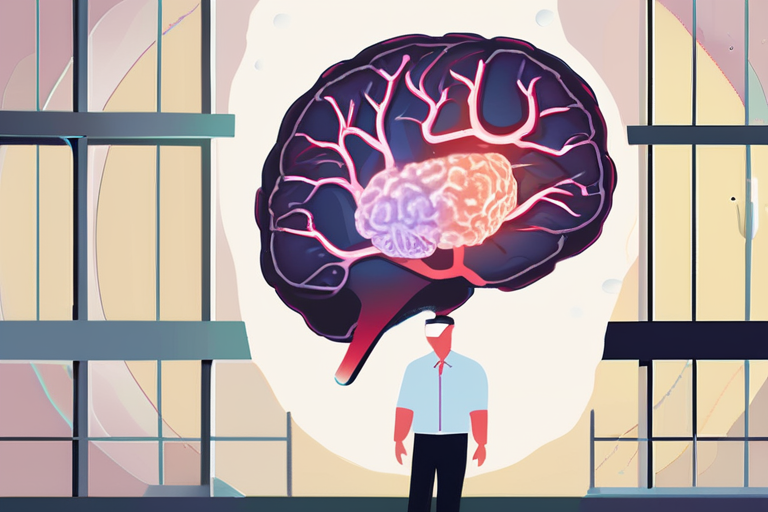

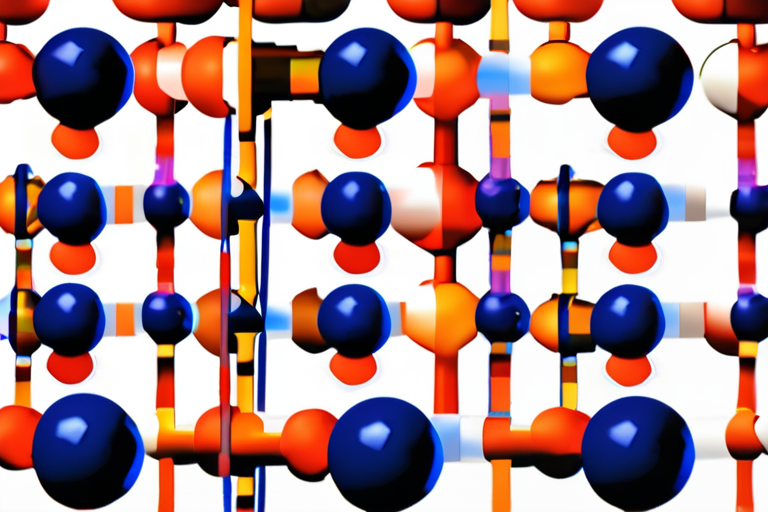
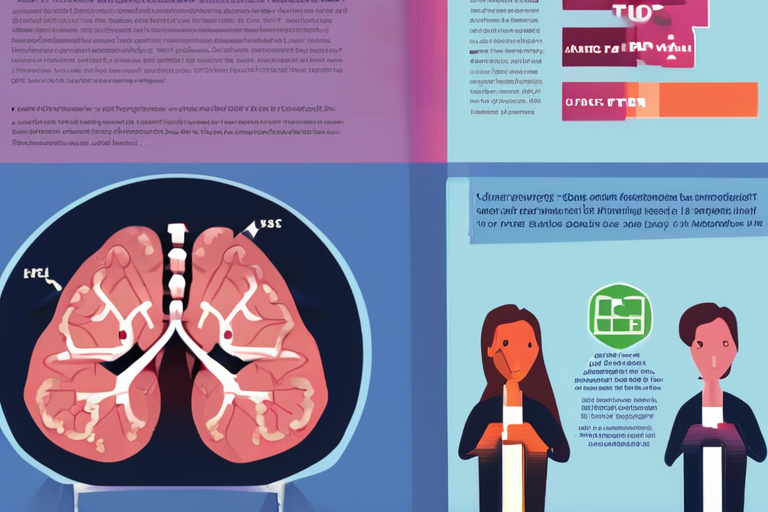

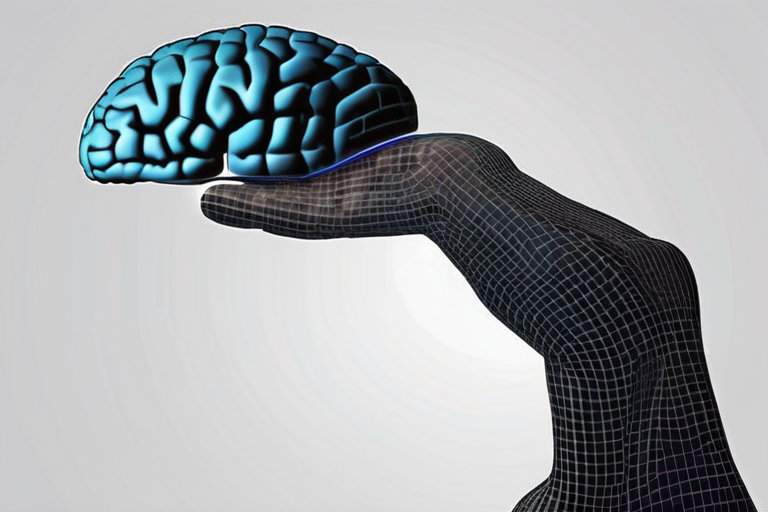
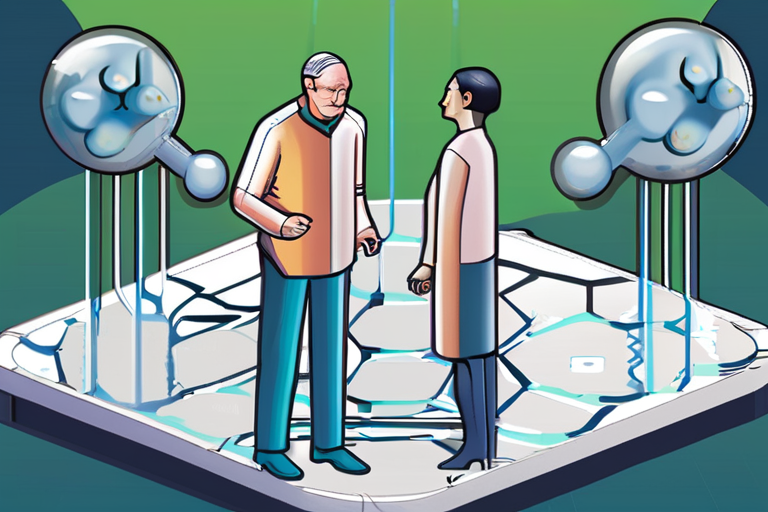
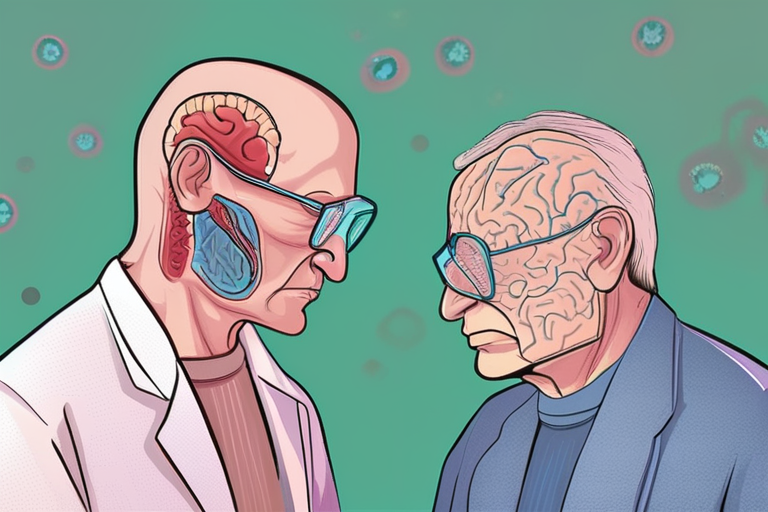



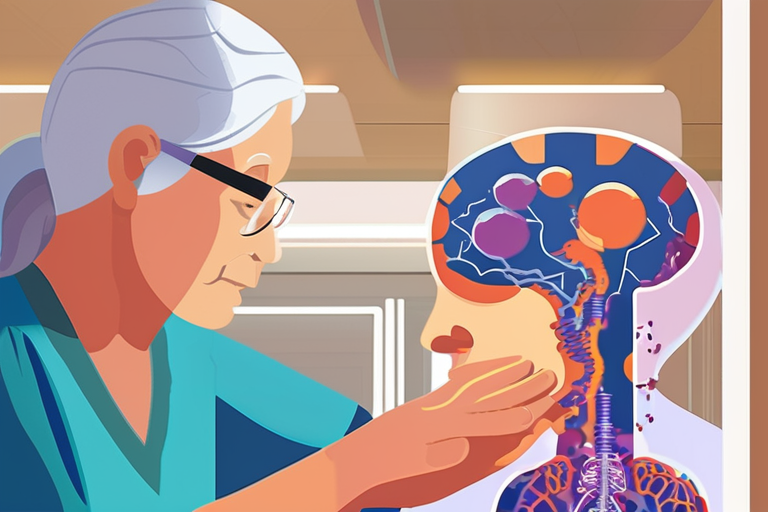
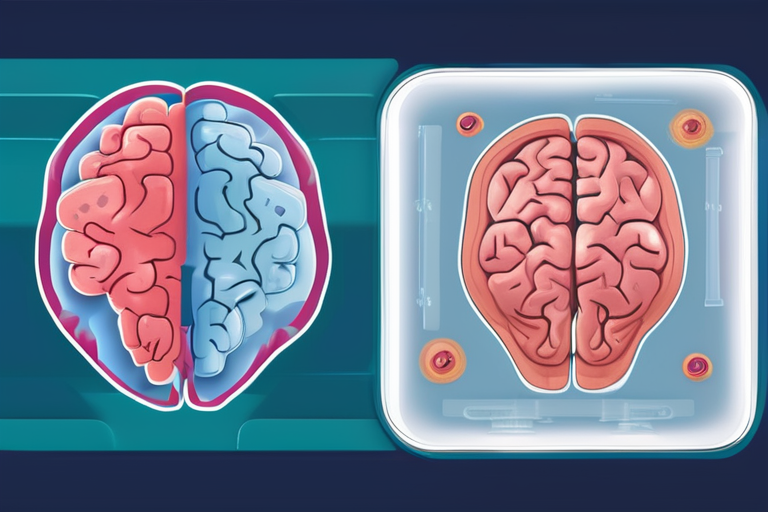

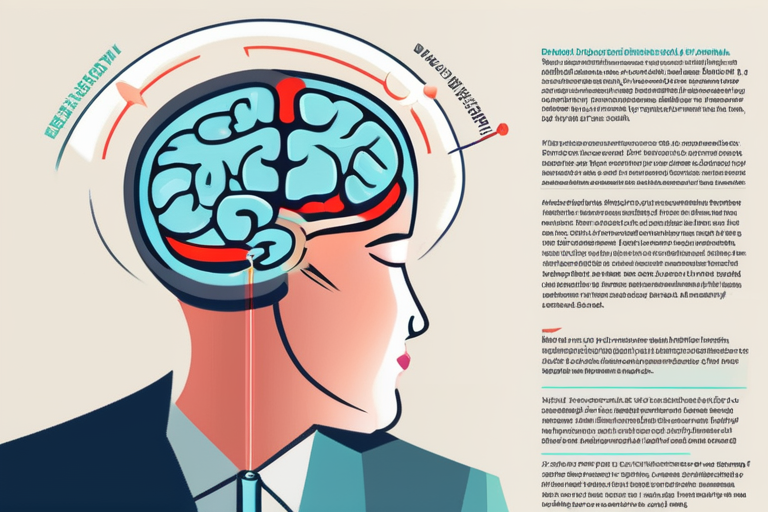


Share & Engage Share
Share this article